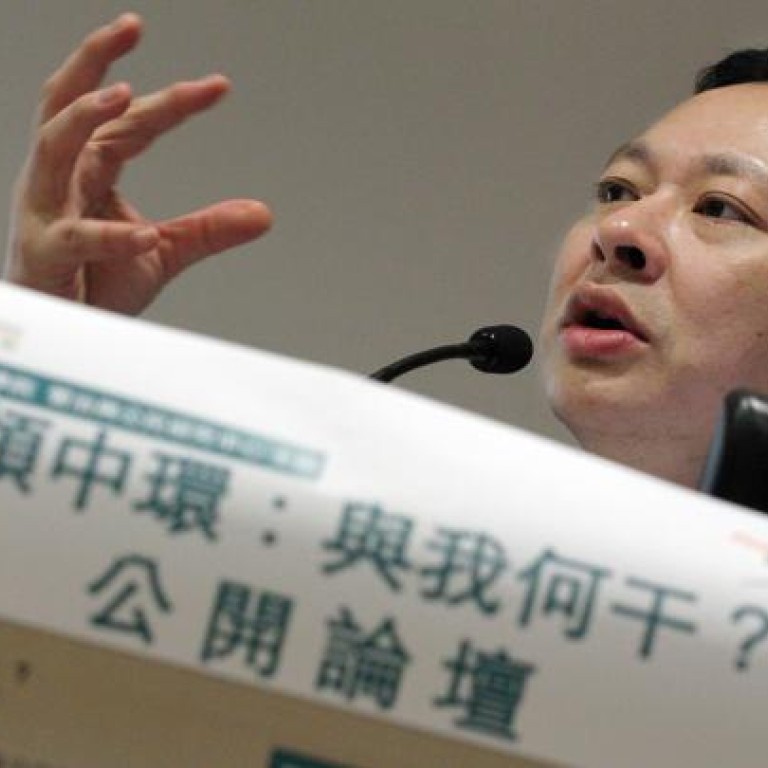
Straw poll shows Hong Kong opposes limited suffrage and Occupy Central
Most people interviewed by the South China Morning Post yesterday disagreed with the central government's views on the conditions for universal suffrage, but most did not support the Occupy Central movement either.
Most people interviewed by the yesterday disagreed with the central government's views on the conditions for universal suffrage, but most did not support the Occupy Central movement either.
"I don't agree with that," seven out of ten replied when asked about the two prerequisites set down by Qiao Xiaoyang, the National People's Congress Law Committee chairman, on Sunday. Three said yes.
Even if they disagreed with the central government's stance, interviewees expressed reluctance to join the political campaign proposed by academics to press the case for universal suffrage. They cited concern for the city's prosperity as the reason for not supporting the Occupy Central movement.
"It will definitely affect the city's reputation as an international financial centre," said Ivy Wong, 50, a clerk.
Retiree Chan Koon-fong, 65, said: "Central is a commercial district. You can't make a traffic jam and stop business. It's not realistic."
In a radio programme yesterday, a caller said the movement was unlikely to succeed: "The central government will not endorse it. It will fail to get the full support of the public because Hong Kong people will not want their lives disrupted."
A different caller suggesting protesters occupy the Sai Wan, or Western District, the location of the central government's liaison office, as doing so would not affect people's livelihood.
University of Science and Technology political scientist Dixon Sing Ming said the reactions were understandable because the Occupy Central movement was just beginning.
Most people don't accept what Qiao said as it weakens the high degree of autonomy that Hongkongers get from the Basic Law
"Most people don't accept what Qiao said as it weakens the high degree of autonomy that Hongkongers get from the Basic Law. But they have not yet digested information about the movement - which leads them to imagining the negative effects."
What the public say about the CE election
Hong Kong should have a certain degree of autonomy when it comes to choosing our chief executive, as it's difficult for the central government to understand local affairs and what we really need.
The chief executive for sure cannot confront the central government, but can disagree with it on some policies such as civil rights. The campaign is too extreme. People have to make a living.
Our chief executive should protect the interest of Hongkongers but not act as the central government's puppet. If the central government wants to implement unfavourable polices in the city but the chief executive is not allowed to confront it, we'll be the ones who suffer.
They won't be successful, as the central government won't liberalise in such a short time to allow us to have whatever we want.
